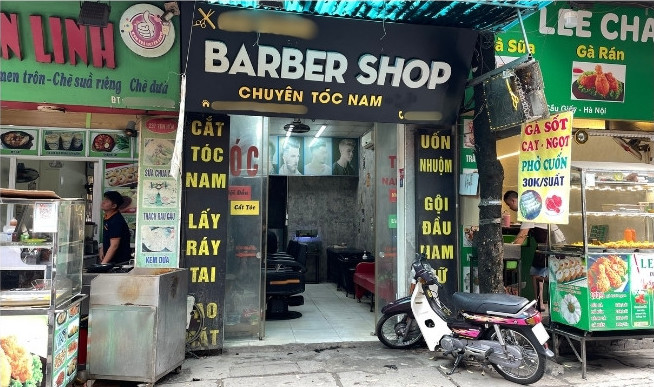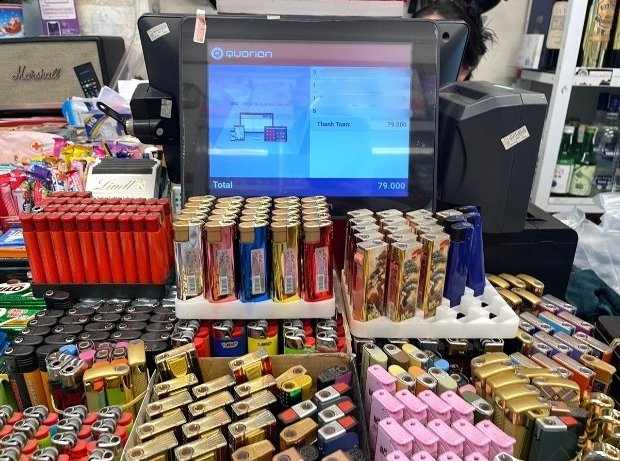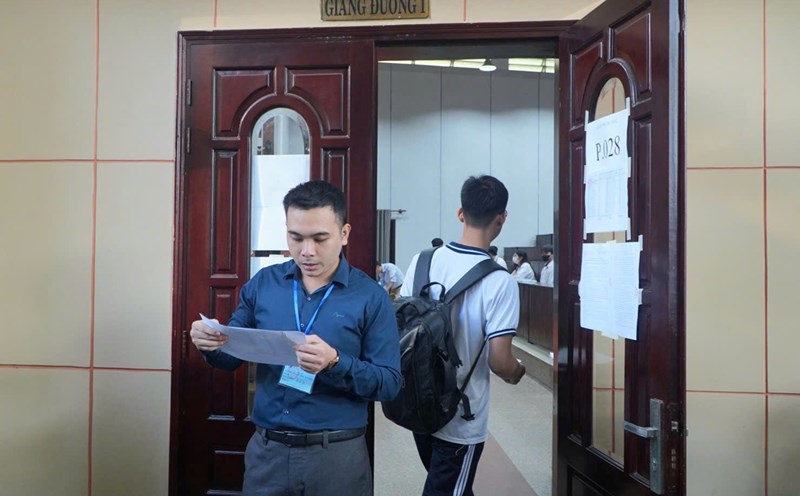From June 1, 2025, a series of new regulations related to electronic invoices will officially take effect. In particular, business households with revenue from 1 billion VND/year in the fields of retail, food and beverage, hospitality, transportation, etc. are encouraged to use electronic invoices generated from connected cash registers and transfer data to tax authorities. However, according to Circular 32/2025/TT-BTC recently issued by the Ministry of Finance, the use of cash registers is not mandatory for households that have registered to use electronic invoices before June 1, 2025.
However, many small business households are still concerned that the implementation of the new regulation will create additional costs and management pressure.
Running a breakfast restaurant in Cau Giay (Hanoi), Ms. T.T.N.T shared: In the past, customers often transferred excess money to exchange cash, but I still returned it comfortably. But now, if the software records more revenue than it actually does, I could be charged a tax on that excess.
According to her, from June 1, although it is not mandatory to switch to calculating money, if not done in time, false revenue declaration can still occur. "I was forced to ask customers to transfer the correct amount of money, minimizing data errors," she said.
According to Circular 32, business households with a revenue of VND1 billion/year can still choose to continue using electronic invoices with codes (or without codes) if registered before June 1. Only when registering newly or converting, are they encouraged to apply electronic invoices from money computers.
Ms. Anh Thu - owner of a small supermarket in Yen Hoa alley, Cau Giay also said: "It is very difficult to issue invoices for tubers and fresh goods. While most customers pay cash, the software requires detailed data entry, I am worried I can't keep up."
Not only the food industry, services such as hairdressing, laundry, clothing repair... are also affected by the new tax policy. According to Circular 40/2021/TT-BTC, business households in the group of "service services not including raw material bidding" must pay 5% VAT and 2% personal income tax, equivalent to 7% of revenue.
Mr. N.H.Q, the owner of a barber shop, shared: "If we include taxes, invoice software, machinery costs, premises, etc., I have to spend nearly 8% of my revenue to comply. For a small store, this is a big burden.

Meanwhile, some businesses have converted early and said that using connected cash registers is not too complicated if they are familiar with the technology.
Every bill entered into the software is automatically sent to the tax authority. For example, for an order of 79,000 VND, the system immediately calculates a tax of 1.5%. But to do this, you need equipment, a software account, and time to get used to it, said Ms. N.T.H - the owner of a grocery store on Hoa Bang street.

Although it is not mandatory to use cash flow computers from June 1, according to experts, the long-term orientation of the tax sector is to make business household data transparent, increase effective cash flow management through banks and electronic invoice systems.
Business households should proactively upgrade the invoice system and declare revenue honestly to avoid being checked and collected later.
The new mechanism is a stepping stone for households to switch to small business models, if they meet the conditions.











